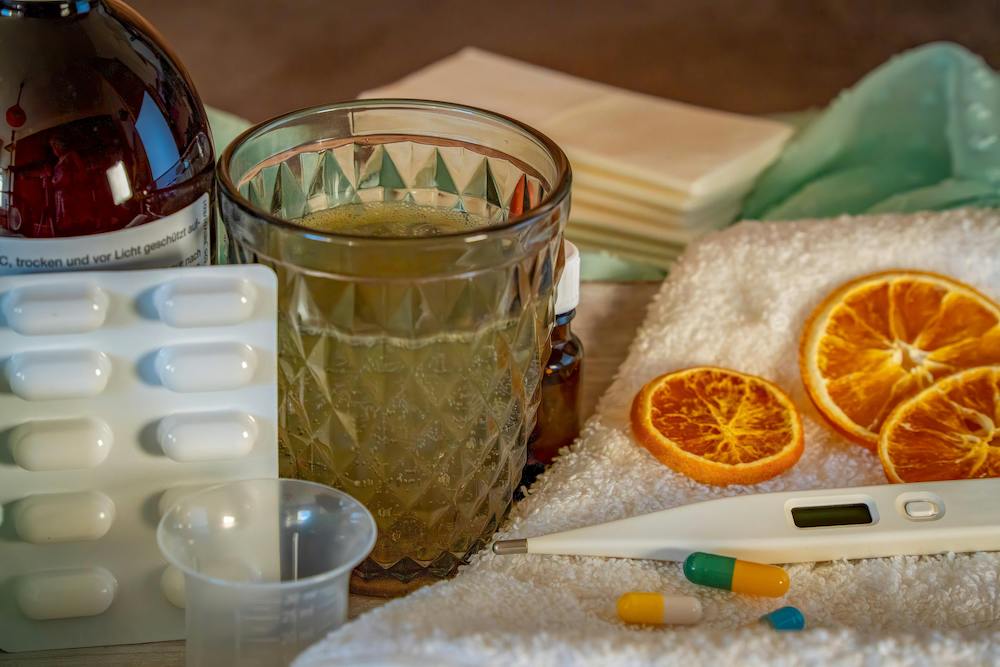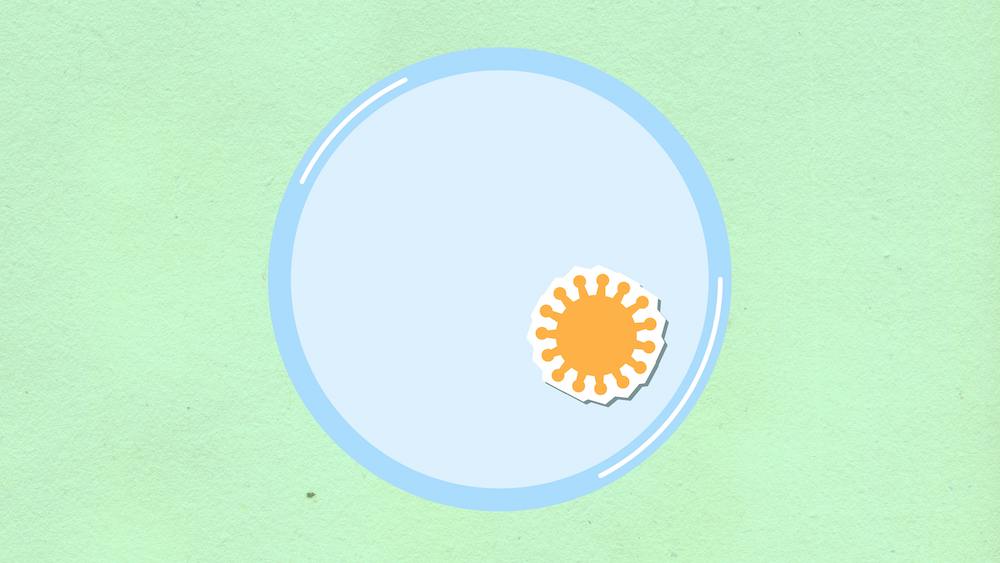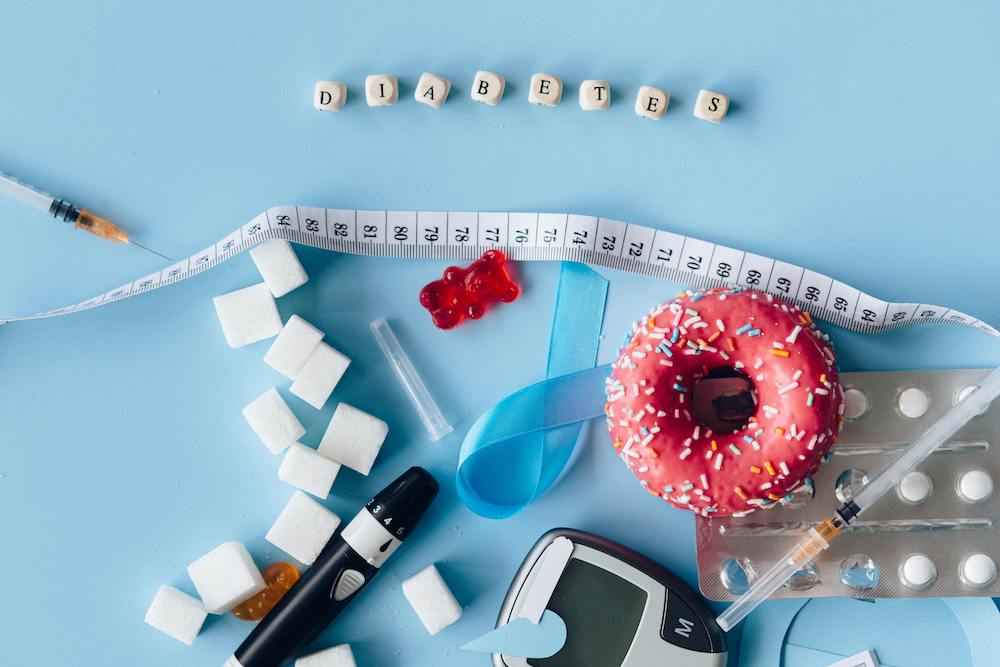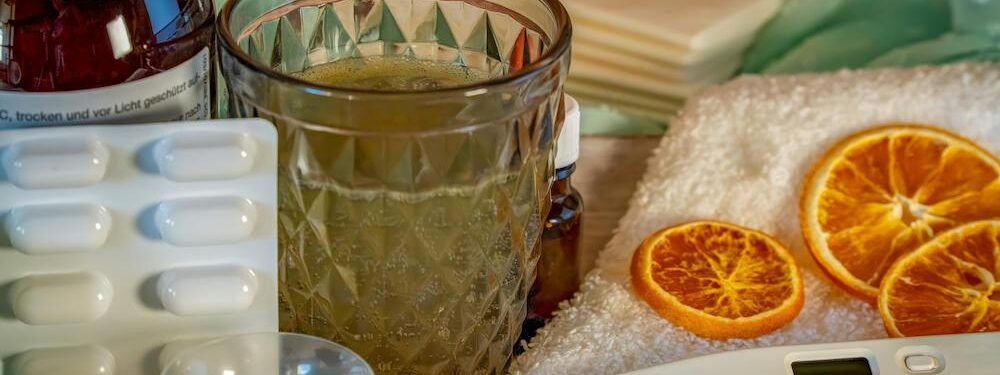
23
Dec
Giving birth is a peak, life-changing experience, but it can also take a toll on women’s bodies. The pelvic floor, in particular, is pushed to its limits during pregnancy and childbirth.

16
Dec
For expecting mothers, the onset of the flu season can be especially daunting. Pregnancy can weaken the immune system, making it harder to fight off these viruses. So, you’ll want to take extra precautions throughout your pregnancy and postpartum period. And of course, take extra precautions to protect your little one when she arrives too!

09
Dec
Pregnancy is an exciting and joyful time, but if you’ve been diagnosed with a sexually transmitted infection (STI), you may feel worried and uncertain instead. You may be wondering if your baby will be healthy if you have a STI.

02
Dec
The first week of December is National Handwashing Awareness Week. Handwashing is critical to interrupting the chain of infection that spreads germs and disease. So let’s do a review of the fast facts to keep you and your babies safe!

25
Nov
Pregnancy is an extraordinary journey filled with excitement and anticipation. As you prepare to welcome your baby, it's important to consider the role...

18
Nov
November 18 is National Adoption Day, a time to celebrate the children and parents brought together by faith, hope and love.
As a non-biological mother, you may be wondering if it’s possible for you to breastfeed your adopted baby. The short answer is: Yes! Every woman’s body is different, but with education, support and dedication, producing breast milk to feed your adopted baby may be possible.

11
Nov
Gestational diabetes is a form of diabetes that occurs specifically during pregnancy. It’s characterized by high blood sugar levels that result from the body's inability to effectively use insulin, the hormone responsible for regulating blood sugar. This condition typically develops in the second half of pregnancy, as the placenta produces hormones that can interfere with insulin function.

01
Nov
As an informed parent, you can prevent generational chronic disease and create a healthier future for your family. Start by making small changes today that prioritize healthy eating, regular physical activity, and stress management. Seek support and resources to empower your family's health journey.

28
Oct
October is Intimate Partner Violence Awareness month; a time to raise awareness about the scope and devastating effects of Intimate Partner Violence (IPV). You might be surprised to learn that IPV isn’t only physical violence. And also, that every year, 324,000 pregnant women are abused in the United States. That is an astonishing number!

21
Oct
Every year in the U.S., about 3,500 babies die from Sudden Unexpected Infant Death (SUID). All of these tragic deaths are unexpected, while many are accidental from unintended injury or accident.¹

14
Oct
Did you know that infant loss as a result of miscarriage is fairly common? About 10% of known pregnancies end in miscarriage. Most of these occur before 10 weeks.

07
Oct
October is Breast Cancer Awareness month, a time to highlight the importance of breast cancer screening and prevention. Breast cancer is a difficult journey that affects many aspects of a woman's life, including motherhood. For mothers who are diagnosed with breast cancer while breastfeeding, the decision to continue breastfeeding can be complex and emotionally charged. You may also wonder if breastfeeding is possible after surviving breast cancer.



















